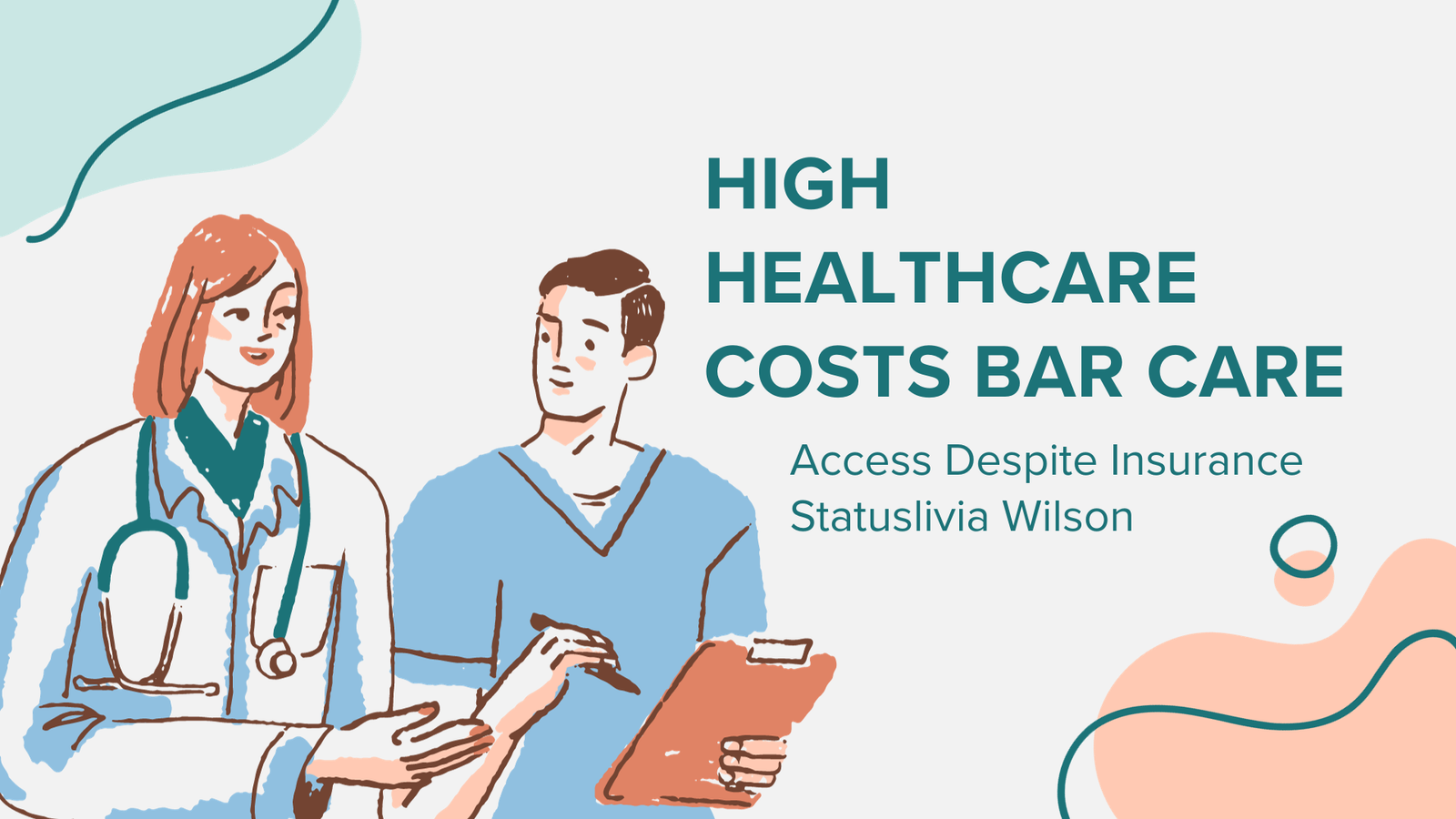
October 26, 2023 A new report by the Commonwealth Fund suggests that simply possessing health insurance is insufficient in reducing heightened healthcare expenses and their effects on a patient’s ability to access medical care. report .
Between 43% and 57% out of 6,121 participants in the Commonwealth Fund Health Care Affordability Survey reported difficulties in affording their medical treatments this year. In detail, the survey showed that 43% of those with an employer-sponsored healthcare plan, 57% of those using marketplace or individual-market plans, 45% covered by Medicaid, and 51% of Medicare users found it hard to afford healthcare.
The researchers noted that a significant proportion of people, including those with employer-sponsored health insurance, still find healthcare costs too high, regardless of the minor differences based on the type of insurance. It’s unsurprising that the uninsured were most likely to be challenged by healthcare costs, with 76 percent stating difficulties. However, the Commonwealth Fund highlighted that these numbers are unexpectedly high for those who are insured.
The researchers’ report emphasizes that possessing health insurance is consistently more beneficial than not having it. However, the study outcomes question the inherent belief that health insurance in the United States guarantees cost-effective access to healthcare. The report reveals that affordability issues in receiving care are faced by individuals across various insurance plans, including employer, marketplace, individual-market plans along with those covered by Medicaid and Medicare.
Among all participants in the survey, medical debt was prevalent, with 32 percent admitting to having some sort of medical or dental financial obligation. Those without insurance were the most prone to affirm having medical dues (41 percent), yet even those with various insurance forms trailed closely behind.
The survey revealed that among individuals with employer health plans, medical debt was reported by 30 percent of them. The proportion was 33 percent for those on marketplace health plans, while 21 percent of Medicaid recipients and 33 percent of Medicare recipients also reported medical debt.
The majority of individuals are burdened with medical or dental debt ranging from $500 to $2,000, however, for a select few, this debt can inflate to over $5,000, as stated by 22 percent of survey participants. The leading cause of medical debt predominantly stems from hospital care, succeeded by visits to the doctor’s office, emergency ward services, dental treatment, and managing new or existing health conditions.
The survey further highlighted that these elevated healthcare expenses are accompanied by repercussions.
Overall, the survey revealed that 38 percent of the participants expressed that theyPostponed or missed therapeutic procedures or prescribed medications.These individuals could not procure what they required due to financial constraints. This situation was particularly prevalent among those not having insurance (64 percent), but was also quite significant among those possessing insurance. The percentages for those with different types of insurance were as follows: 29 percent for employer-sponsored coverage, 37 percent for marketplace plans, 39 percent for Medicaid, and 42 percent for Medicare.
Differences based on income were also evident. For instance, individuals with low income who had health insurance provided by their employers were likely to forego medical services due to expenses.
Due to hindrances in cost and postponed healthcare, health conditions and welfare have progressively deteriorated. Over half (57 percent) of the patients who avoided care due to financial concerns stated their health issues exacerbated as a consequence. This included 54 percent of individuals with employer health plans, 61 percent of those with marketplace plans, 60 percent of Medicaid participants, and 63 percent of Medicare participants affirming the same.
The data highlighted that the exorbitant expense of healthcare impacts not just accessibility to healthcare services. Over 75% of the participants expressed that their outstanding medical dues induce feelings of stress and concern, while some are grappling with repercussions such asReducing consumption of food or specific utilities.(39 percent) are depleting either a portion or their entire savings (37 percent), or…Getting a reduced credit score (36 percent).
Approximately one-third of all patients are in the process of clearing their debts, a situation that is more prevalent among uninsured individuals and those with low income who have employer-funded insurance. The remaining two-thirds consistently make their payments.The payments are sent straight to their service providers.While some pay a financial institution or a collection agency.
The researchers suggest that their discoveries point to numerous strategies to guarantee affordable and accessible healthcare. They recommend policy modifications to safeguard consumers from financial devastation due to medical bills and to curb the escalation of healthcare costs, stating that these measures would assist patients with various kinds of insurance.